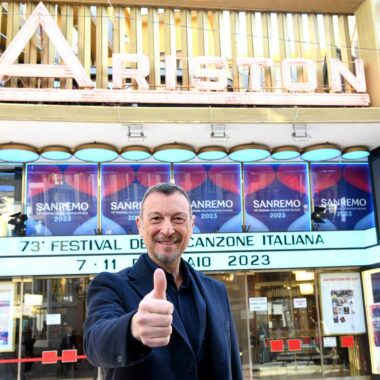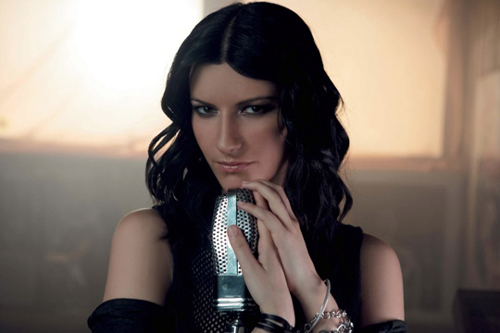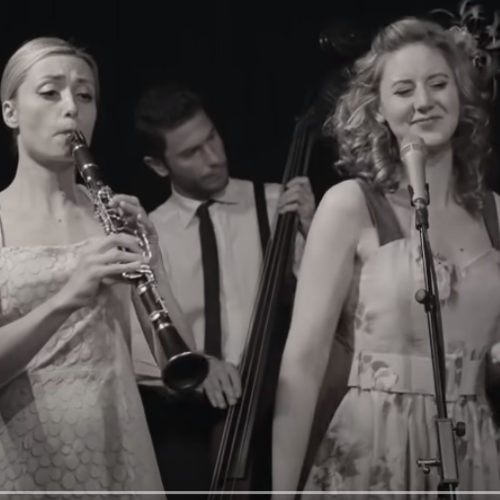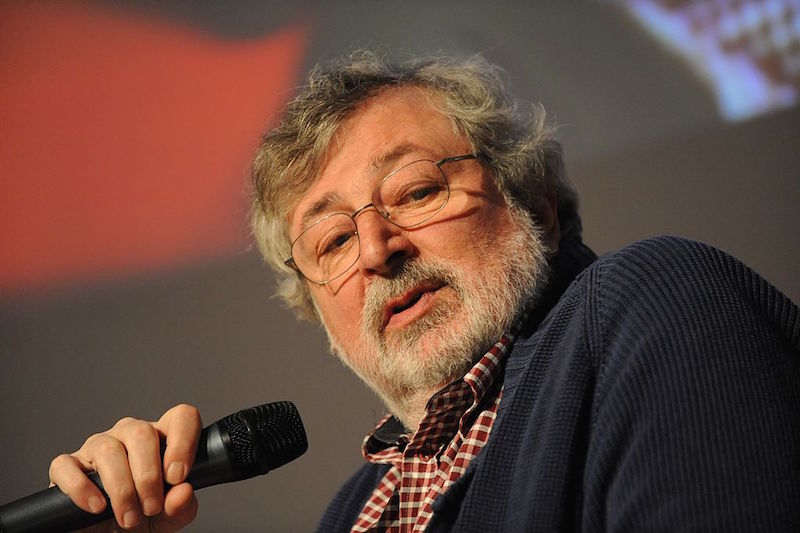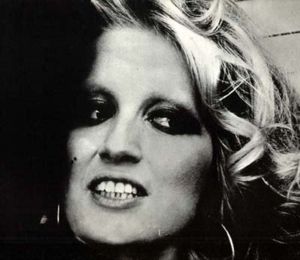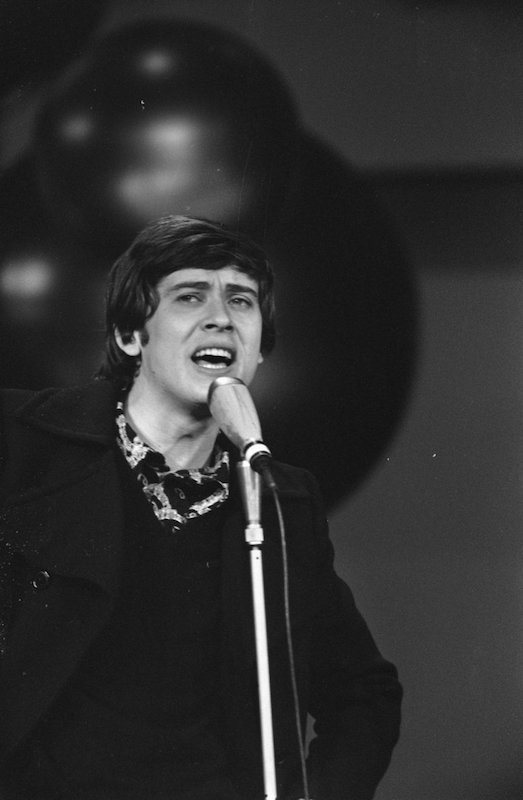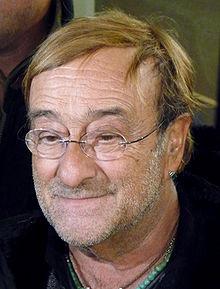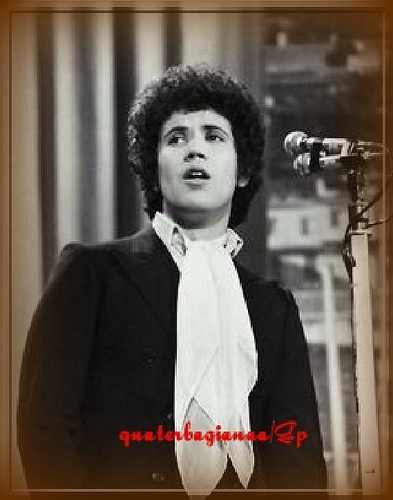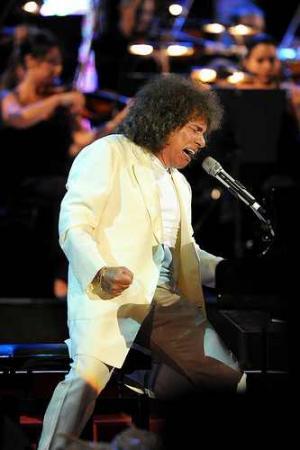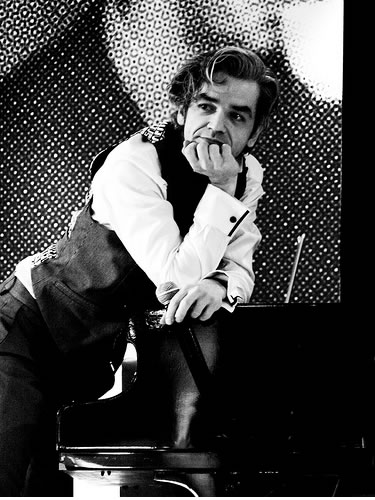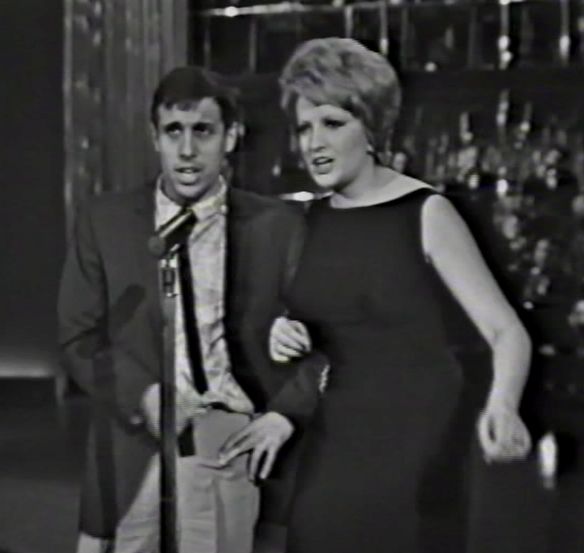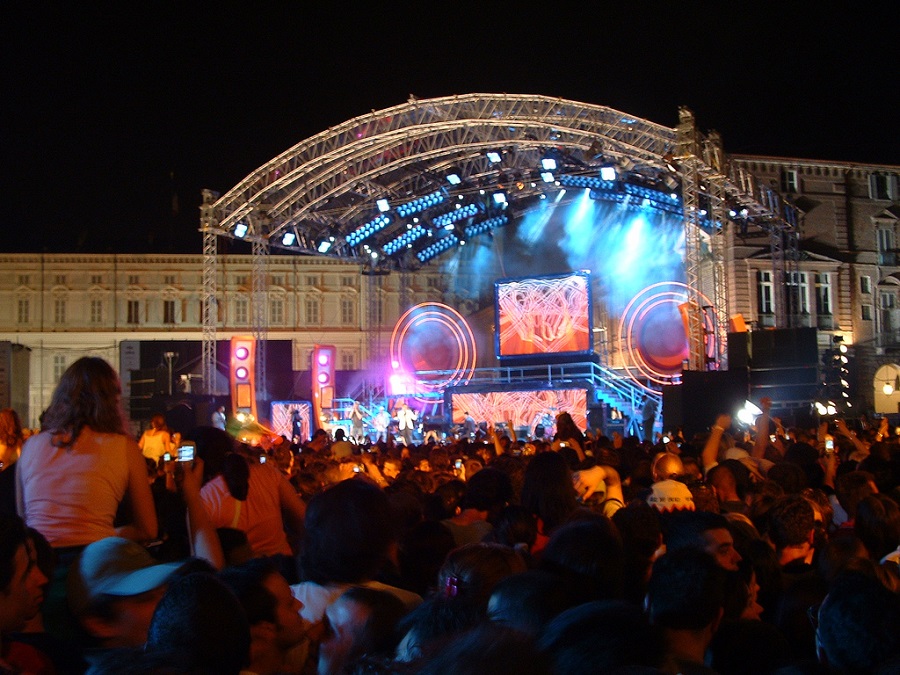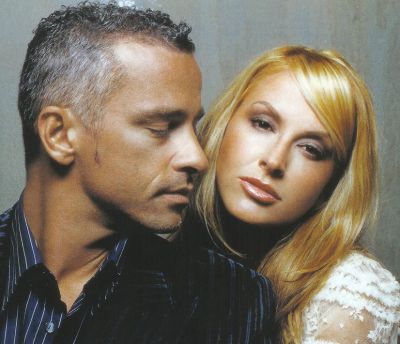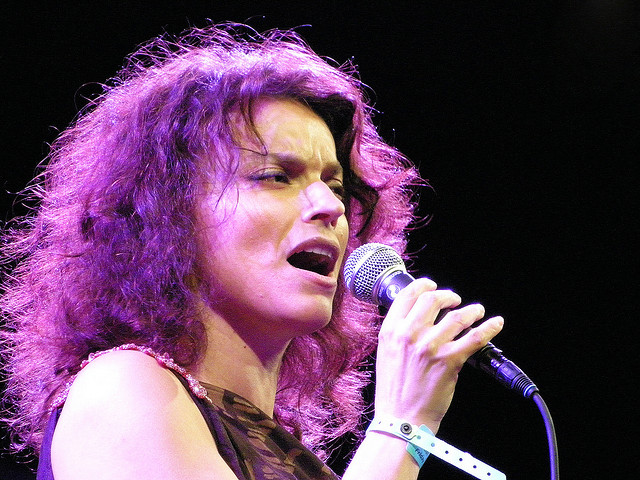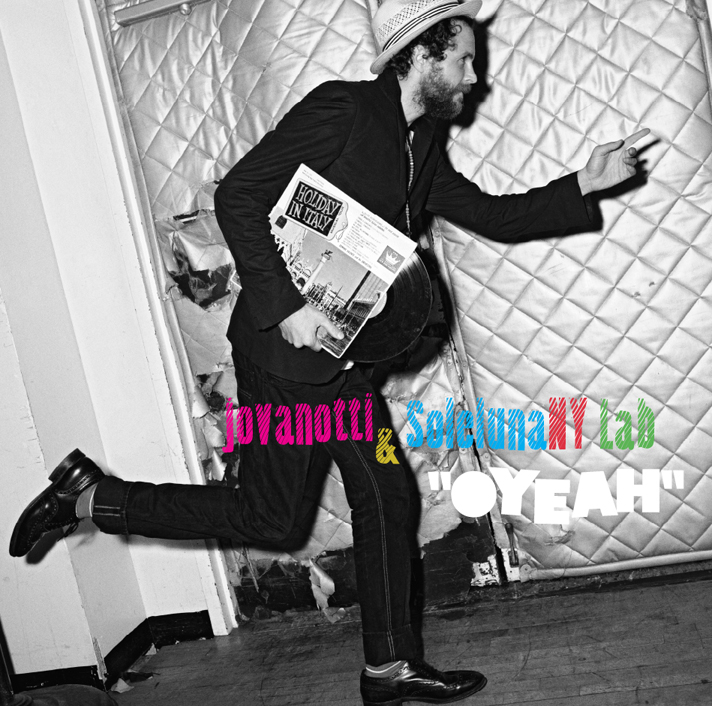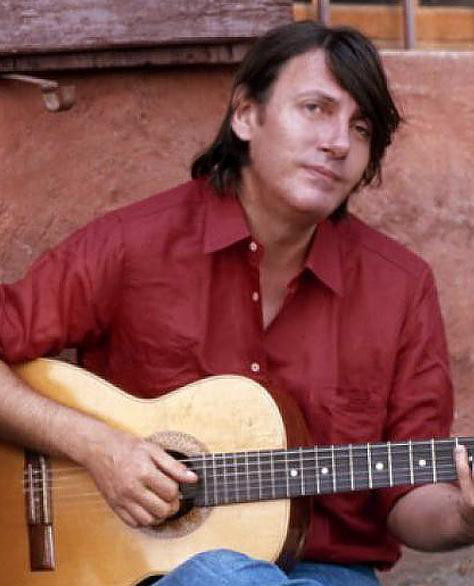
The true nature of Fabrizio De André was that of a poet: he was probably more of a lyricist than a musician or a singer. Let’s not be mistaken, he was an excellent performer and a great composer, but the strength and energy that came out of his words are certainly what made him such an important figure in Italian culture.
De André created real tales with his songs, just like a medieval minstrel. Like an artist, though, he broke all rules: he had a strong message and didn’t hide it in complicated lyric twisting. He laid it out plain and simple, for everyone to understand and hear, touching the hearts and the souls of his listeners.
Unlike most musicians, De André’s lyrics always had a story to tell and it’s always possible to read them as if they’re a narrative. This was certainly one of his main qualities, one of his strengths, what gained him the overall respect and love of the Italian public, without regard for his general or political views.
Fabrizio De André Geordie
Privately, Fabrizio supported Italy’s left wing, and never made a mystery about it. At times, he received some special “attention” from the government for his affiliations with some extreme leftists, but his actions were always correct, honest, and clear. He was an idealist and the only weapon he ever used was his guitar, an instrument he mastered not as a rock star might, but as a tool to support his words. His pieces were so visually effective they could almost be turned literally into motion pictures: every scene and every character flickers in front of the eye, even though they are made out of only words and music.
De André best loved songs
To remember some songs of his repertoire and to offer some perspective on its content, we’d like to mention three songs, which are among its best loved and better known.
One is “Bocca di Rosa” (Rose Mouth) that talks about a prostitute moving to a small town to gently please men, until moral issues, local women, and politics forced her to move elsewhere. The song ends with most of the village’s men, including the local priest, waving goodbye to her at the train station – not that of their village, but the next one up. The gesture embodied their affection, but also their hypocrysy, represented by the fact they refused to be associated with her in their own place.
The second is “La canzone di Marinella” (Marinella’s song), a true fairy tale about an average girl and a prince on his horse falling for her. Marinella dies at the end, leaving the prince in despair: just as it would happen in a Grimm brothers’ story.
The third, and probably most powerful of the three, is “La guerra di Piero” (Piero’s war) where a regular private sings while shooting another in an act of war. Very vivid and very dramatic, as De André takes us to the battlefield, not to entertain, but to make us think about the tragedy of war.
De André never really cared about commercial allure, he kept faithful to his style and aesthetic musical vision throughout the years, until the end: if his voice was not unforgettable, if his style of composing was not truly impeccable, his art was truly, astonishingly beautiful and unique.
Some compare him to Bob Dylan and probably the comparison is not far from accurate.
In his private life, De André was married to another singer, Dori Ghezzi, whose beauty and candor hit the hearts of many Italians. Relatively wealthy, unfortunately they didn’t have always happy moments. De André and Ghezzi were kidnapped in the summer of 1979 in Sardinia, and remained in captivity for over four months; they were only released after a ransom was paid, just a few days before Christmas. Cancer took him away at the age of 58, when he could still deliver so much. It would have been interesting to hear his take and point of view on today’s world.
It is, in fact, possible to follow his music and videos on Youtube and other sites; after all, legends like Fabrizio De André never die. They only get more popular with the passing of time.
La Guerra di Piero
La Guerra di Piero’s lyrics are, very likely, among the most powerful yet touching ever written.
|
La Guerra di Piero Dormi sepolto in un campo di grano lungo le sponde del mio torrente cosi’ dicevi ed era d’inverno fermati Piero, fermati adesso ma tu non lo udisti e il tempo passava e mentre marciavi con l’anima in spalle sparagli Piero, sparagli ora e se gli spari in fronte o nel cuore e mentre gli usi questa premura cadesti a terra senza un lamento cadesti in terra senza un lamento Ninetta mia crepare di maggio e mentre il grano ti stava a sentire dormi sepolto in un campo di grano |
Piero’s war You lie slain, in a wheat field sleeping, “Along the banks of this country stream as you were speaking, it was winter, Stop your steps, Peter, stop now! But you didn’t hear them, and time passed by And walking with your soul on your shoulder Shoot him, Peter, shoot at him now! And if I aim at his head or his heart And while you give him this kindness, You fell to the ground without a cry You felt to the ground without a cry “Oh Ninetta darling, to die in May And while the wheat was listening to your words You lie slain, in a wheat-field sleeping, |
La Guerra di Piero




